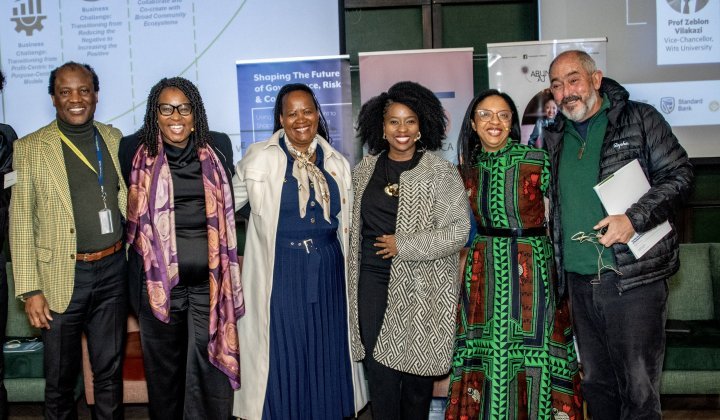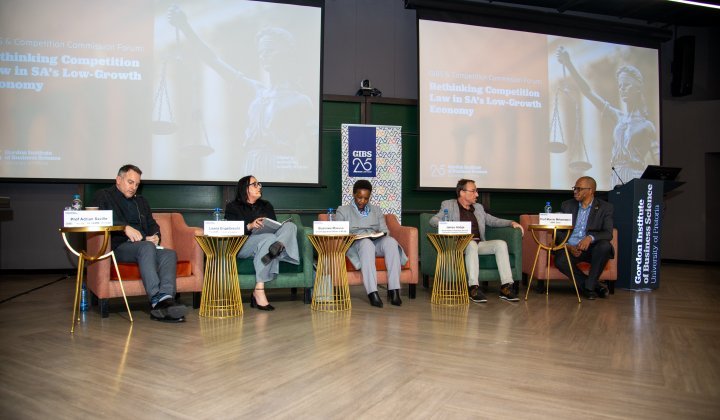Urgent political and economic change is needed if South Africa is to alter its course, avoid an IMF bailout, and retain its sovereignty.
“We are teetering on the brink and need to act,” said former deputy finance minister Mcebisi Jonas, launching his latest book, After Dawn, Hope After State Capture at a recent GIBS Forum. Time is of the essence and the window of opportunity for all South Africans to work together is narrowing.
There are no new ideas or big ideas about the country’s future, Jonas said, while the range of issues confronting us as a country are common across the globe.
“We need to start building optimism about South Africa,” he said. At the moment, it seems that only populists are able to conjure up hope, and “it is a false hope and an oversimplification,” he added.
While Jonas admitted that his book presented a bleak picture of the country, this was not to be confused with despair. The book “presents the bleakest picture, so that we can understand the problems that we face.”
After Dawn analyses the crisis at the heart of our current system, that of placing politics at the centre of policymaking and implementation at the expense of growth.
The central premise of the book is that the 1994 social consensus that allowed a peaceful transition to democracy was based on the assumption of sustained growth and a strong, efficient state, which has unravelled in the past 15 years.




